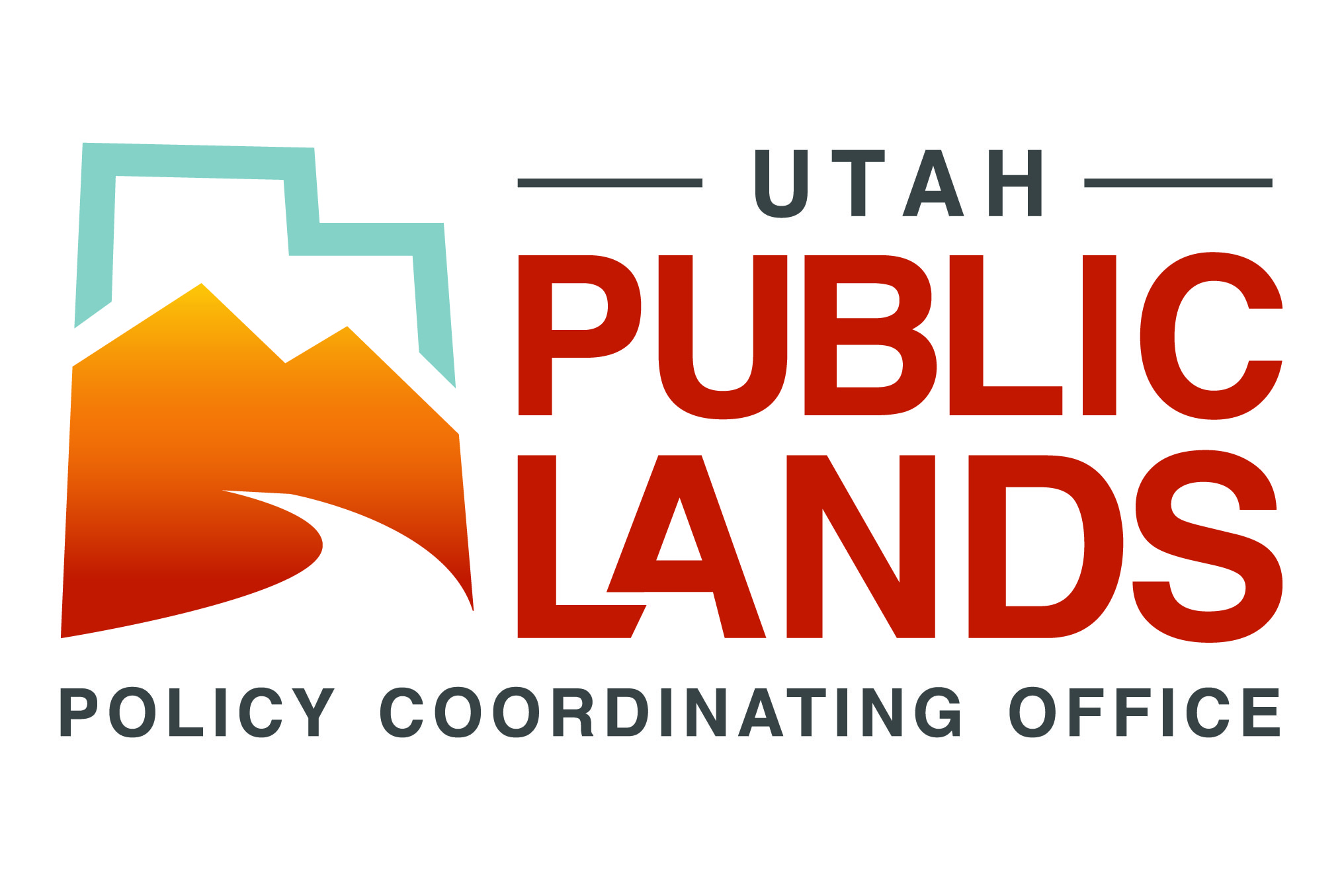Revised Statute 2477 (Section 8 of the Mining Act of 1866) is a federal law that authorized construction of roads across federal public lands. This law helped settle the West for 110 years. Residents of Utah, visitors, pioneers, and settlers created and used thousands of roads across public lands for farming, ranching, hunting, recreating, mining, and connecting communities. We continue to use many of these routes daily and some occasionally or seasonally.
Congress repealed R.S. 2477 in 1976, and enacted the Federal Land Policy and Management Act (FLPMA). This law departed from pro-development land policy and established a preference for retaining lands in federal ownership. Nonetheless, Section 701 of FLPMA preserved all R.S. 2477 rights-of-way that existed at the time FLPMA was passed and preserved them for public use. Today, the state and counties have to rely on R.S. 2477 to establish ownership of routes that have been used continuously for ten years prior to 1976.
Why Do We Have Disputes Over R.S. 2477 Roads?
There is no formal administrative or judicial process under FLPMA to confirm the State and counties’ ownership of R.S. 2477 rights-of-way. Sometimes, the federal government may manage certain routes on its land without considering local, county, and State interests. Environmental groups with strong conservation interests often want to participate in public land and route management decisions. The question of “who owns a road” becomes central when these interests are at odds.
Current Litigation
In 2012, the Utah Attorney General’s Office filed lawsuits relating to R.S. 2477 right-of-way in 22 of the 29 counties in Utah in the Federal District Court for the District of Utah claiming title to R.S. 2477 rights-of-way for the state and the counties involved. Utah and each county asked the federal court to rule that the claimed R.S. 2477 rights-of-way are valid because they existed prior to 1976 and have been open to public use and/or maintained by the counties. The litigation does not seek new roads or the expansion of existing rights-of-way, rather it seeks only to maintain the status quo.
Under the statutes and court cases governing R.S. 2477 claims, Utah and the counties must submit proof of county maintenance or public use of each claimed right-of-way for a period of at least 10 years prior to October 21, 1976, the effective date of FLPMA. For the rights-of-way claimed within National Parks or National Monuments established before 1976, 10 years of public use must be shown prior to the date the park or monument was created.
Bellwether Initiative and Trial
On July 31, 2015, and on its own initiative, the Federal District Court for the District of Utah entered an order establishing a process designed to ultimately result in a more efficient way of processing the 12,500 right-of-way claims throughout the state. The order creates a “Bellwether” process by which the parties have now stipulated to, and the Court has approved, fifteen (15) rights-of-way in Kane County that exemplify remaining legal issues regarding the determination of R.S. 2477 rights-of-way. These fifteen (15) rights-of-way will be tried in the District Court at an expedited trial set for February 2020.
Once all legal issues have been resolved, one or more special masters will be appointed by the court to more expeditiously resolve all R.S. 2477 right-of-way claims throughout the state.
Litigation Goals
- to confirm the State and counties as owners of the R.S. 2477 rights-of-way
- to allow counties to make local decisions about route maintenance
- to ensure public access to federal public lands for recreation, personal enjoyment, and any other purpose
- to preserve local transportation network for local economy
PLPCO’s Role
PLPCO assists the Utah Attorney General’s Office in R.S. 2477 litigation by providing research and litigation support. It is currently assisting with depositions of elderly and infirm witnesses who used or maintained R.S. 2477 roads prior to 1976. These Utah residents confirm that R.S. 2477 routes have been historically important to their lives and livelihoods. Many of them are getting older, and their personal accounts may be lost with the passage of time as the lawsuits continue. To prevent the loss of these valuable memories, PLPCO and Utah Attorney General’s Office attorneys are deposing them to preserve their knowledge for presentation later in court.
